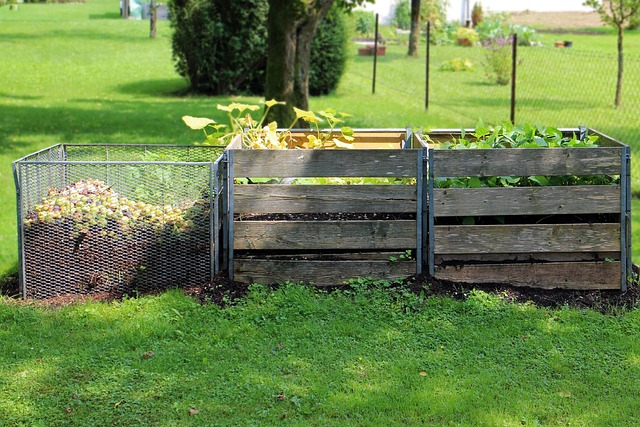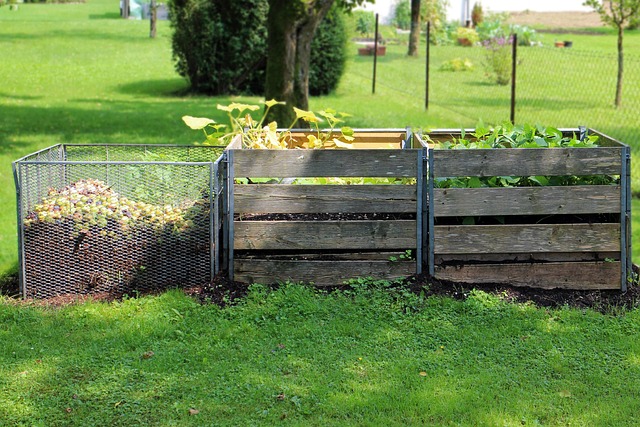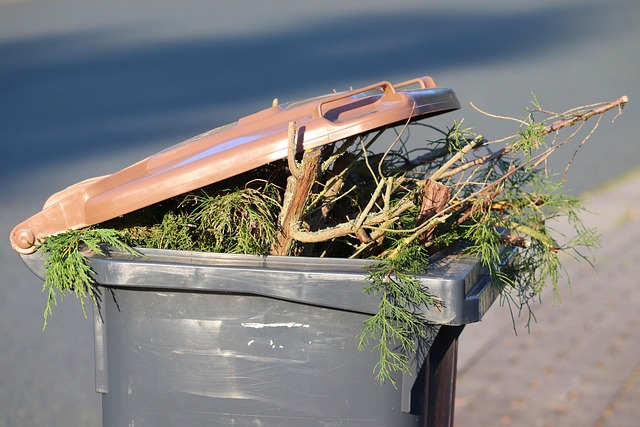Exploring the Eco-Friendly Benefits of Compost Analysis in Gardening
In our fast-paced world, where urban landscapes are overtaking natural spaces and the effects of climate change are more palpable than ever, finding ways to support the environment while nurturing our green thumbs has never been more critical. One of the often-overlooked aspects of sustainable gardening is compost analysis. This practice not only enhances soil health but also contributes significantly to a greener planet.
The Heart of Eco-Friendly Gardening
Gardening goes beyond planting seeds and watering plants; it’s about creating a flourishing ecosystem that benefits both our garden and our environment. At the core of this process is the soil, which thrives on organic matter. Composting transforms kitchen scraps and yard waste into a rich, nutrient-dense amendment that returns vitality to depleted soils. When we take the time to conduct compost analysis, we ensure that our compost is not just rich in nutrients, but also balanced and beneficial for our plants and local wildlife.
Why Compost Analysis Matters
Performing a compost analysis allows gardeners to assess the ingredients breaking down in their compost bins. This analysis can reveal essential information about nutrient levels, pH balance, and moisture content. By understanding these factors, gardeners can make informed decisions to enhance the quality of their compost, resulting in healthier plants and a more productive garden.
Environmental Benefits
Utilizing compost not only enriches gardens but also promotes a healthier environment. By recycling organic waste through composting and proper analysis, we divert materials from landfills, reducing greenhouse gas emissions. Moreover, compost improves soil structure, leading to better water retention and reduced erosion, which is vital in preserving our natural resources. By improving soil health, we create greener spaces that support biodiversity, attracting beneficial insects and pollinators to our gardens.
A Connection to Nature
Gardening itself is a nurturing act—one that creates a bond between humans and nature. Through compost analysis, we become more attuned to the needs of our soil and plants, fostering a deeper respect for the intricate web of life that sustains us. Each component we evaluate in our compost brings us closer to understanding the delicate balance of ecosystems. When we take the time to engage with our gardening practices in this way, we also inspire a sense of stewardship for our planet.
Becoming Eco-Conscious Gardeners
To fully embrace the eco-friendly nature of composting and its analysis, we can take small yet impactful steps. Start by monitoring what you throw into the compost bin; include a variety of green and brown materials and avoid adding anything that could harm the composting process. Regularly checking and analyzing the compost will allow you to adjust accordingly, ensuring that you create the healthiest ecosystem possible in your garden.
In this journey towards creating a sustainable garden, let us remember that every effort counts. Through compost analysis, we can cultivate not just beautiful gardens but thriving ecosystems that support the environment for generations to come. It’s a fulfilling practice that embodies the essence of eco-friendliness and a deep connection with nature, encouraging us to grow not just plants, but also our collective responsibility toward our beloved Earth.



